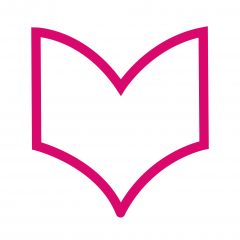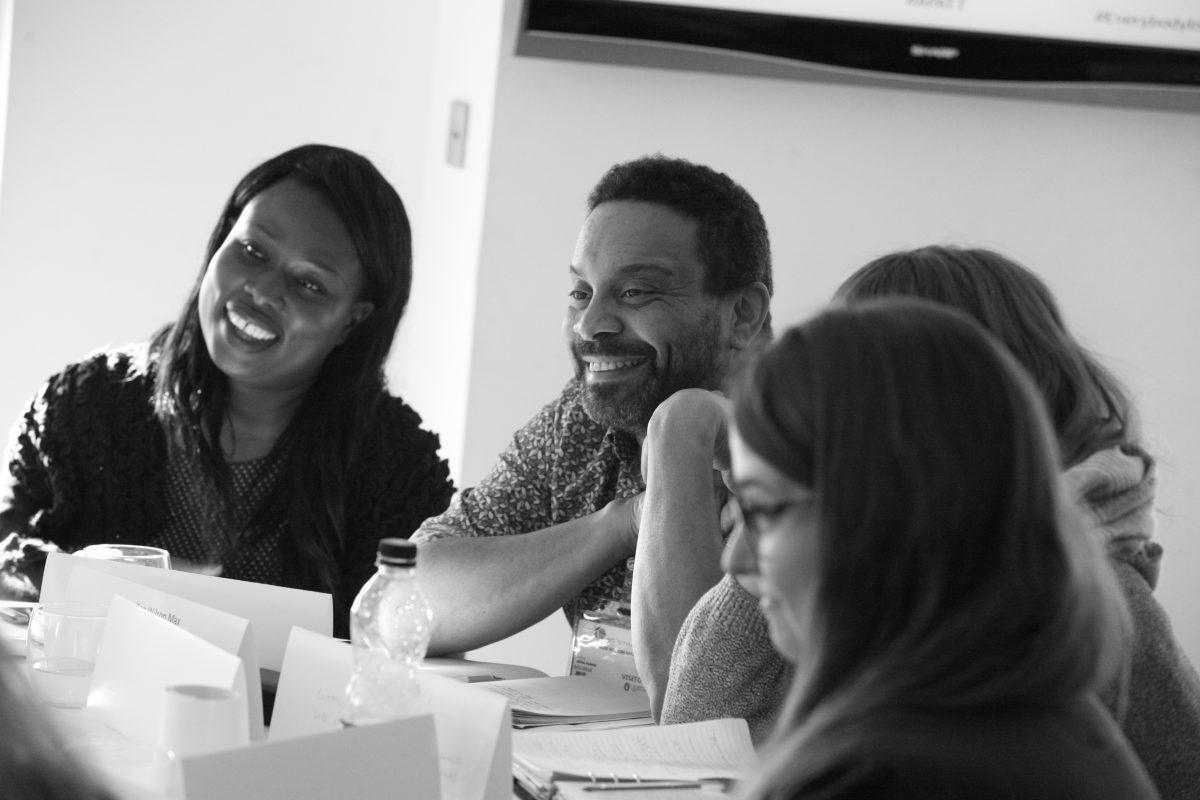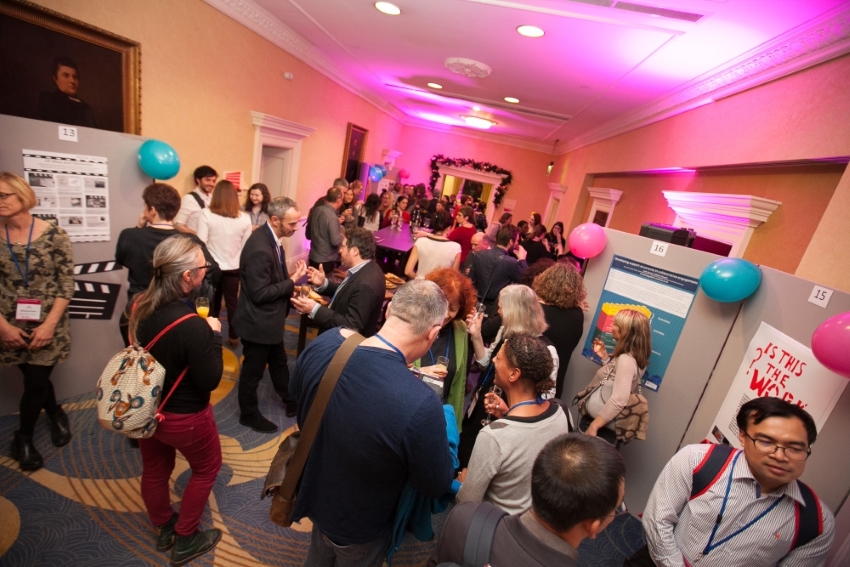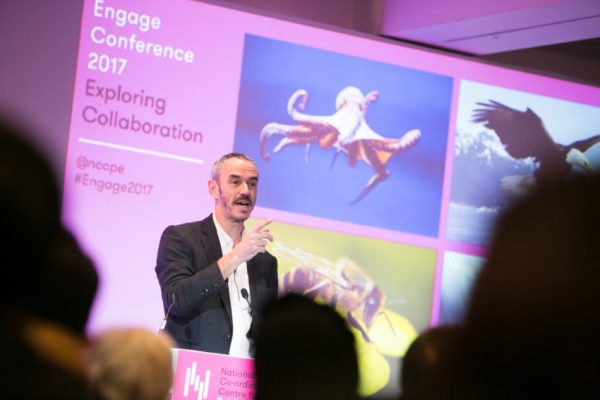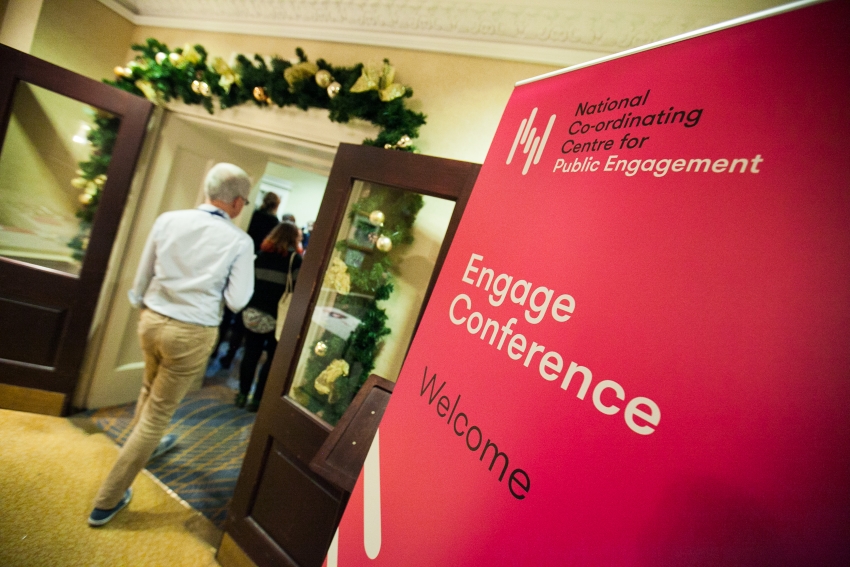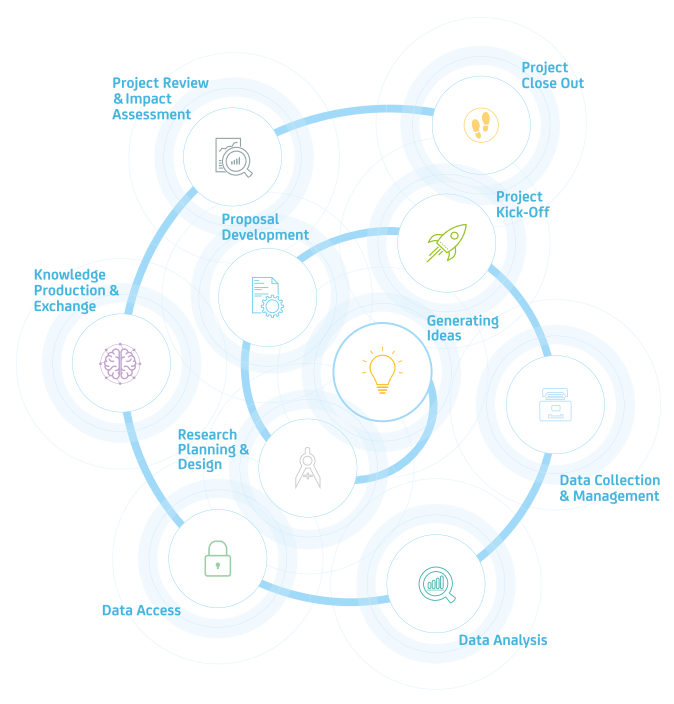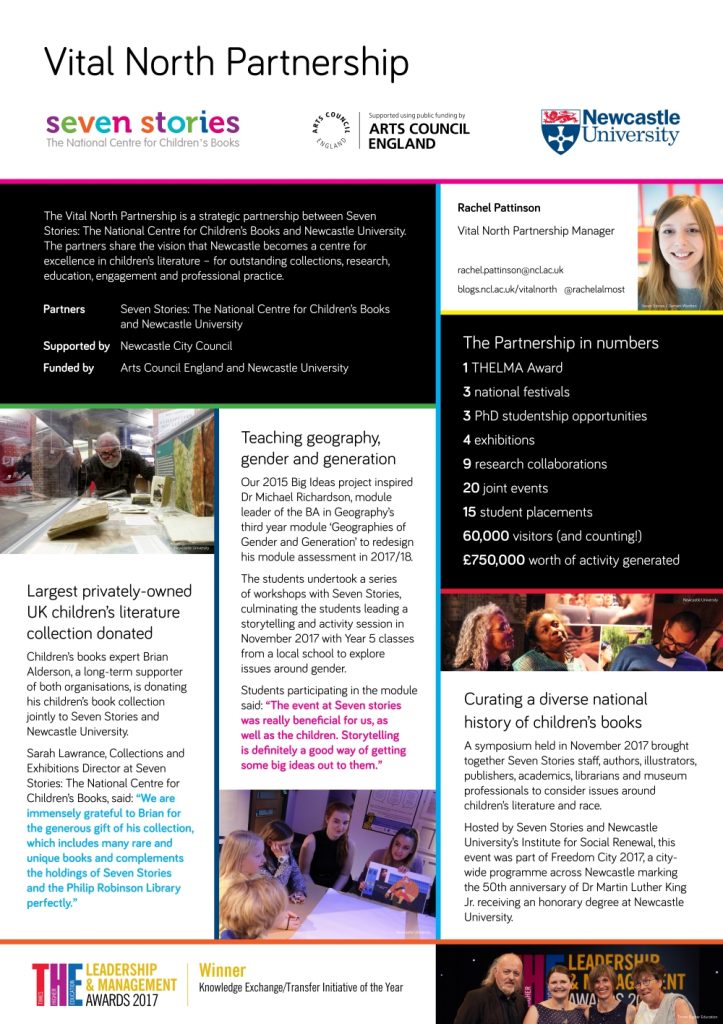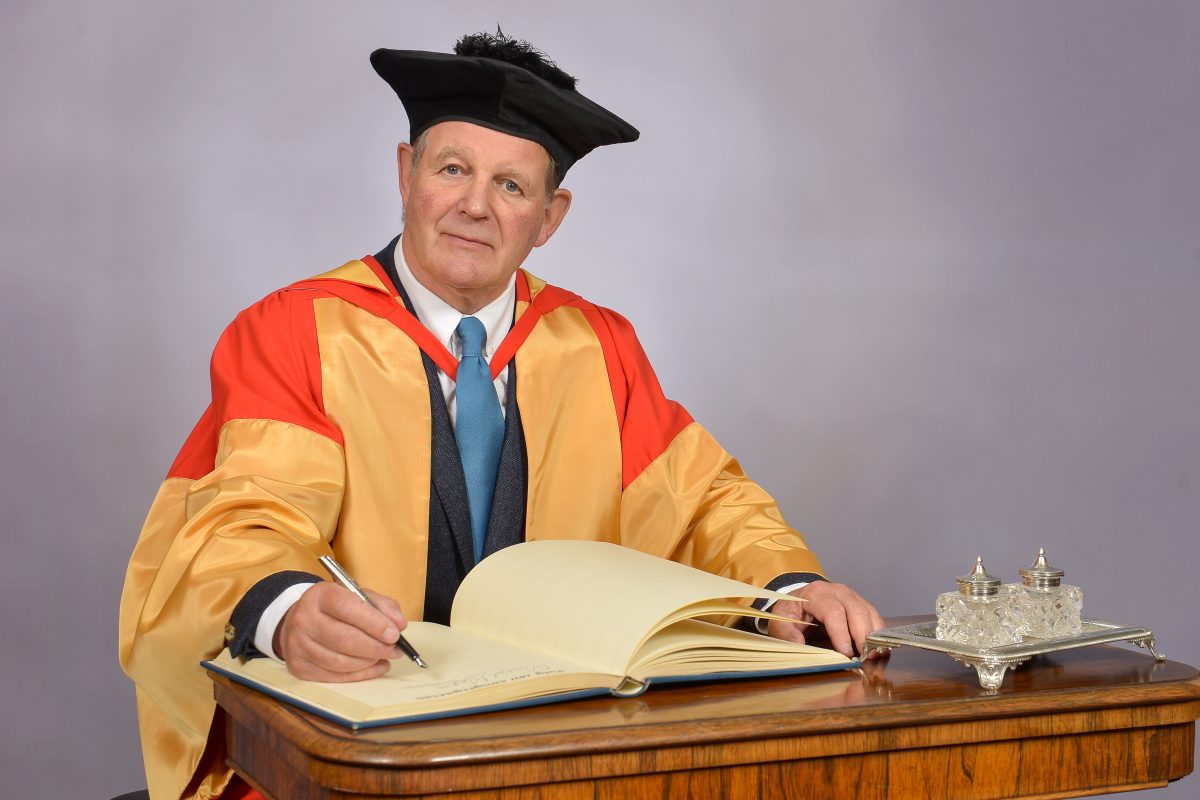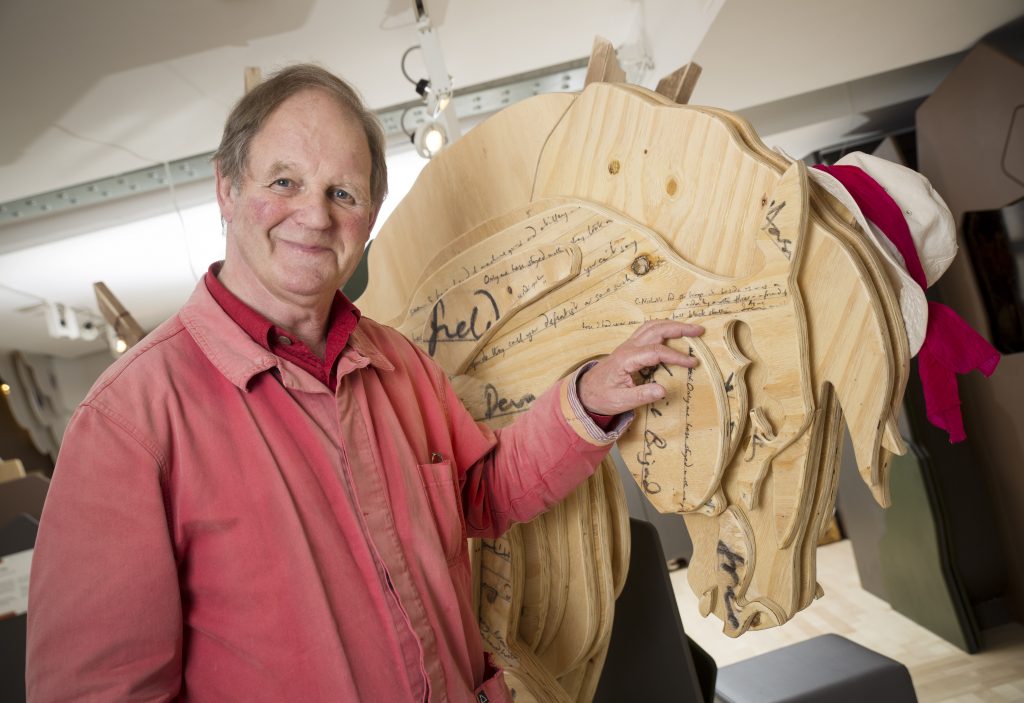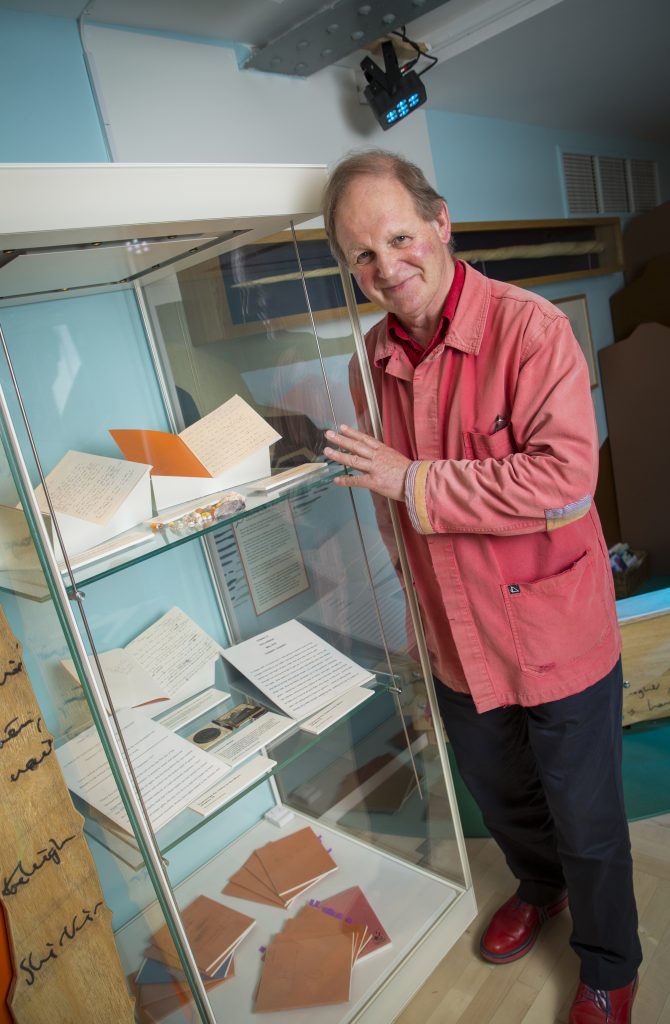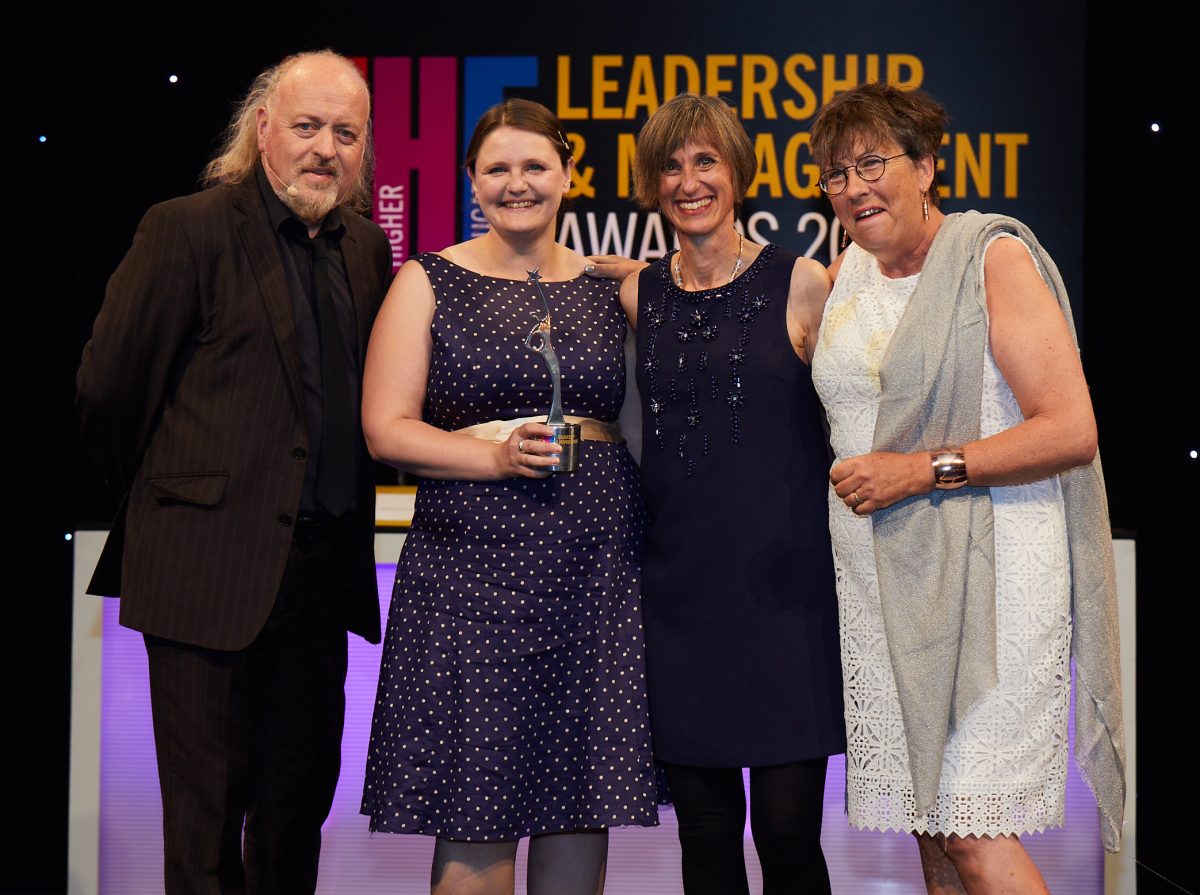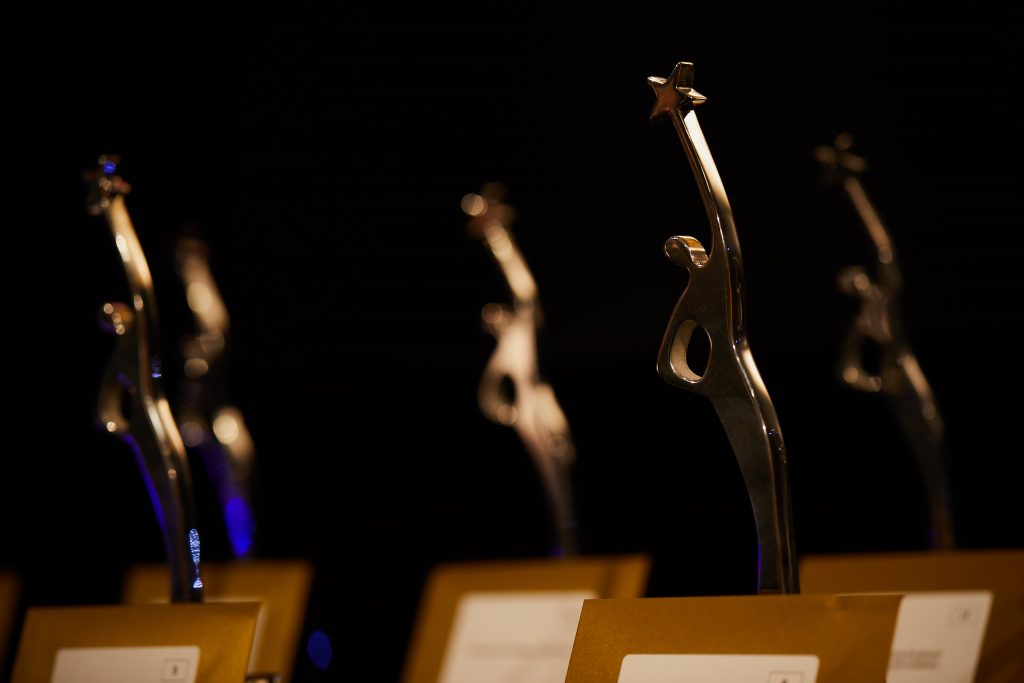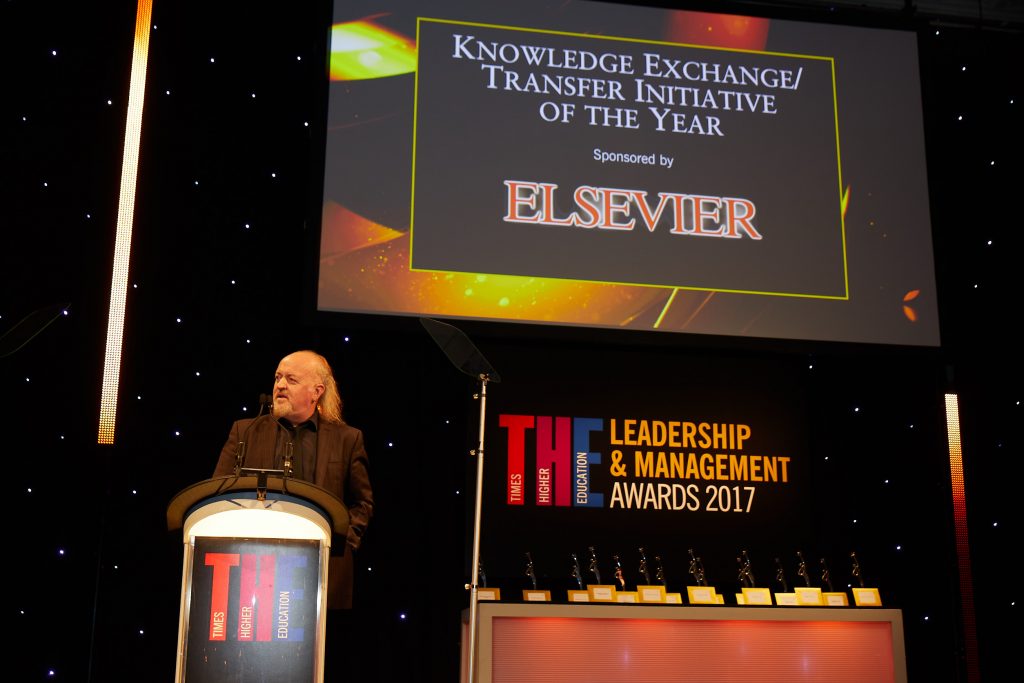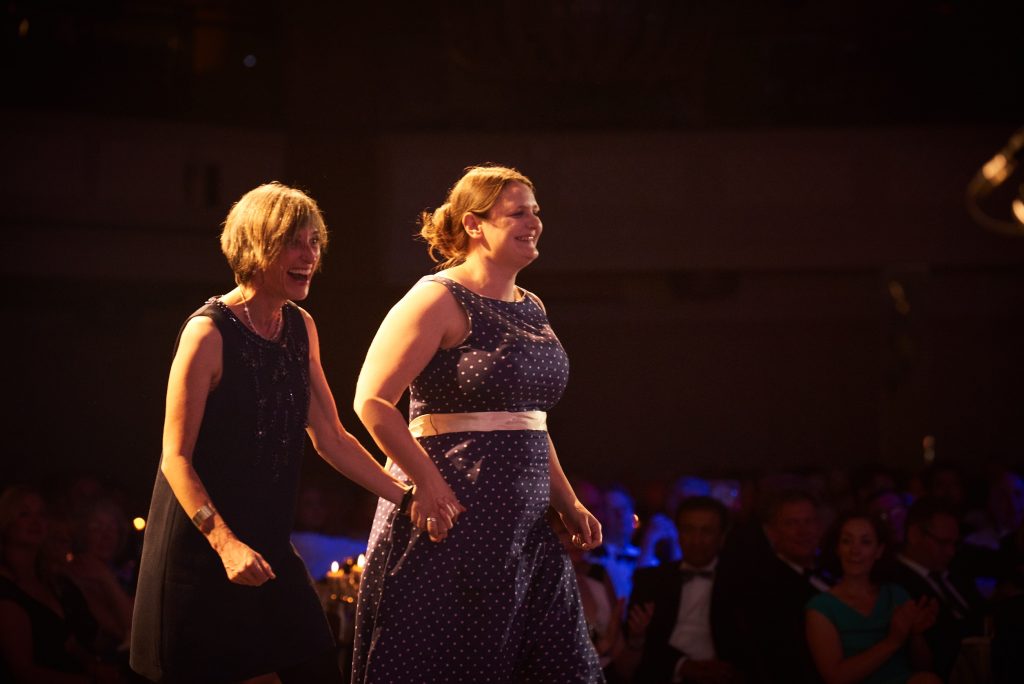On 6th February 2018, thanks to a bursary from CILIP North East, I attended Inclusive Minds’ third annual A Place at the Table event at Penguin Random House in London. A Place at the Table aims to provide a space for the children’s book industry to share best practice around inclusion and diversity and commit to taking practical actions to effect change. In this blog post, I’ll be reflecting on the day and outlining some of the actions that Seven Stories: The National Centre for Children’s Books and Newcastle University are taking through the Vital North Partnership…
Author Juno Dawson, in her opening keynote, celebrated how far the publishing industry has come since the first A Place at the Table event in 2016. She mentioned lots of amazing books and authors – from Patrice Lawrence’s prize-winning debut Orangeboy, to Angie Thomas’s bestselling The Hate U Give – and new initiatives like CILIP’s current diversity review of the Carnegie and Kate Greenaway Awards. I noted lots of books I want to read – including Juno’s!
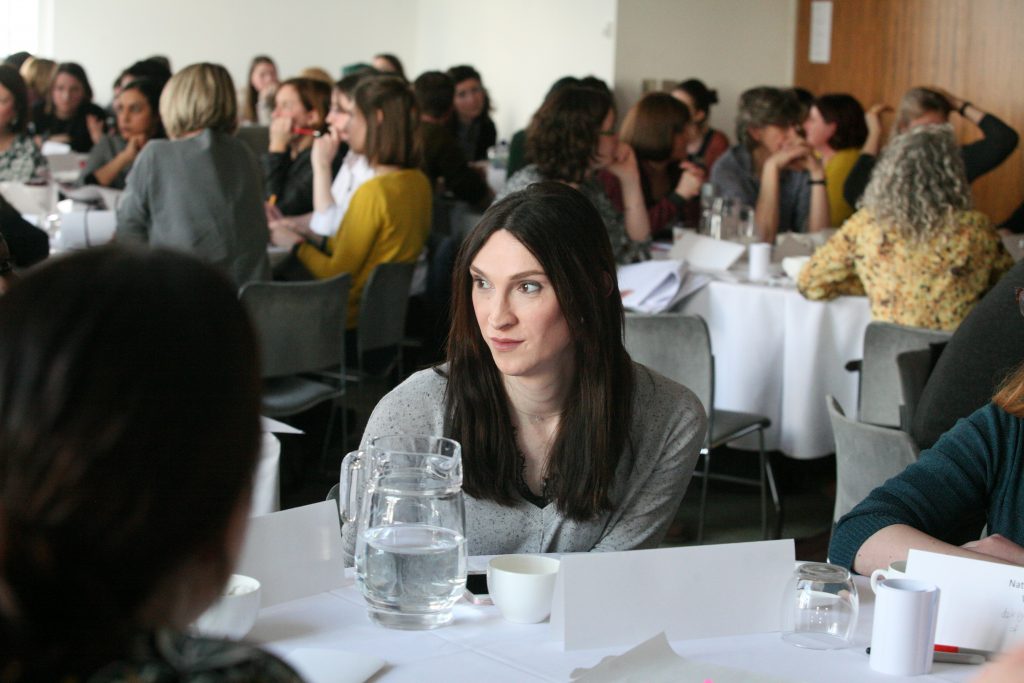
Then there were the roundtable and forum discussions, where we discussed barriers to authentic inclusion, and identified ways to shift these. For Seven Stories, the artform of children’s literature is at the heart of everything they do – and it’s by going to events like this that they can flag up with publishers that inclusion is fundamental to the national story they aim to tell. Seven Stories’ workforce (like that of many arts organisations) is not particularly diverse – they’re aiming to shift that barrier through targeted pathways to work programmes from 2018 to 2022.
Highlights of the day for me were hearing from Year 10 pupil Jarvia, one of Inclusive Minds’ Ambassadors, about her reading experiences – she spoke about reading new writing on Wattpad as she feels it’s less filtered – and I loved hearing Jay Hulme’s “angry trans” performance poetry (his description!):
In the afternoon discussions, I ended up sat next to the author, actress and presenter Cerrie Burnell. In her presentation, she talked about how the books she read as a child didn’t reflect her experience. She recounted a story about playing at Peter Pan in the playground: there was already a Wendy and a Tinkerbell, so one of the other children suggested that she could be Captain Hook – Cerrie was adamant that she was more of a Tigerlily. Cerrie encouraged her fellow authors to represent difference in an incidental way: “write the thing that you know, or write the thing that you want to see.”
Robin Stevens, author of the Murder Most Unladylike mysteries, talked about the two types of offence her writing might potentially cause (the one she loses sleep over is making errors about misrepresenting cultures and experiences outside of her own, which is why in her recent books she has been working with sensitivity readers) and Di Airey of Diversity Dynamics reminded us that although publishing is in some ways ahead of other sectors, that we still have a way to go: “There’s not enough change: there are too many people who hide an aspect of their difference.”
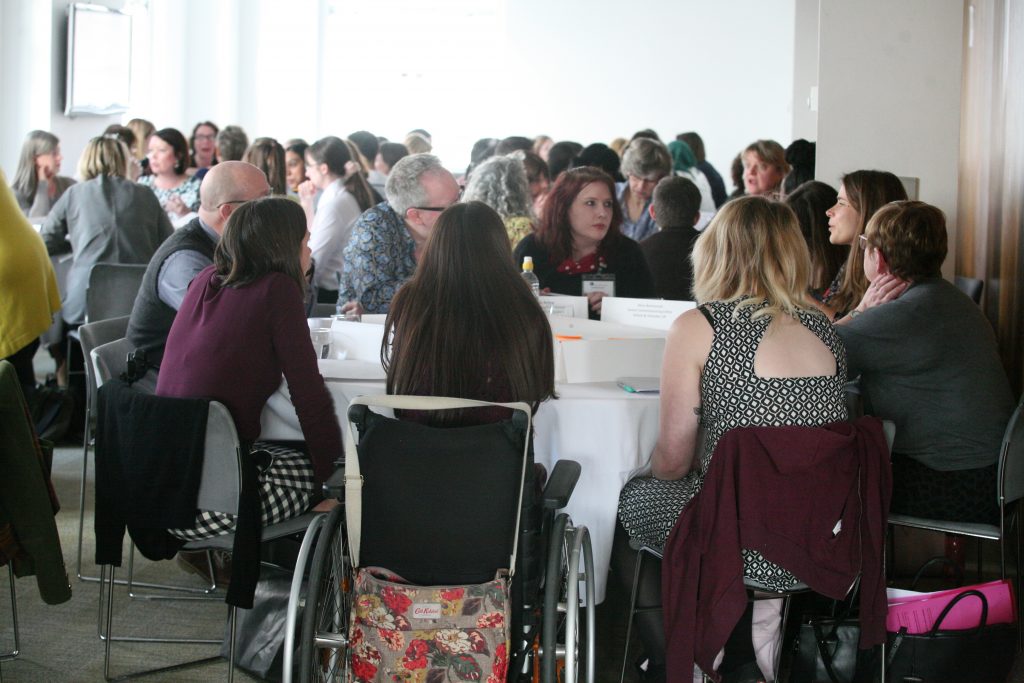
I also heard about so many other initiatives and voices over the course of the day through the insights and case studies: from new publishers like Knights Of; titles including Penny Joelson’s I Have No Secrets and Otter-Barry Books and Pop-Up Projects’ Rising Stars anthology; initiatives like Penguin Random House’s WriteNow programme; prizes like the Amnesty CILIP Honour; accessible events as part of the Southbank Centre’s Imagine Festival. I’m taking lots of ideas and contacts away from the event to follow up on.
It was an inspiring and thought-provoking day, but ensuring the Vital North Partnership’s activities are inclusive is an ongoing process. We’ve done some interesting work, such as our Diverse Voices? symposium in November, and our recent Geographies of Gender and Generation collaboration, and in 2018, we’ll be focussing on BAME voices in children’s literature and activist networks through a new AHRC Creative Economy postdoctoral fellowship led by Dr Aishwarya Subramanian. But there’s still more to do. As Juno said so eloquently in her opening keynote: “The worst thing we can do is think we’ve done it, we’ve achieved diversity. We haven’t done diversity. You can’t tick diversity off the list.”
For more information about A Place at the Table 2018, visit: http://www.inclusiveminds.com/a-place-at-the-table-2018.php
